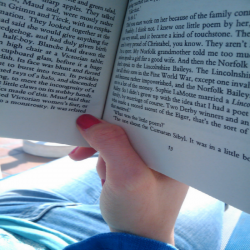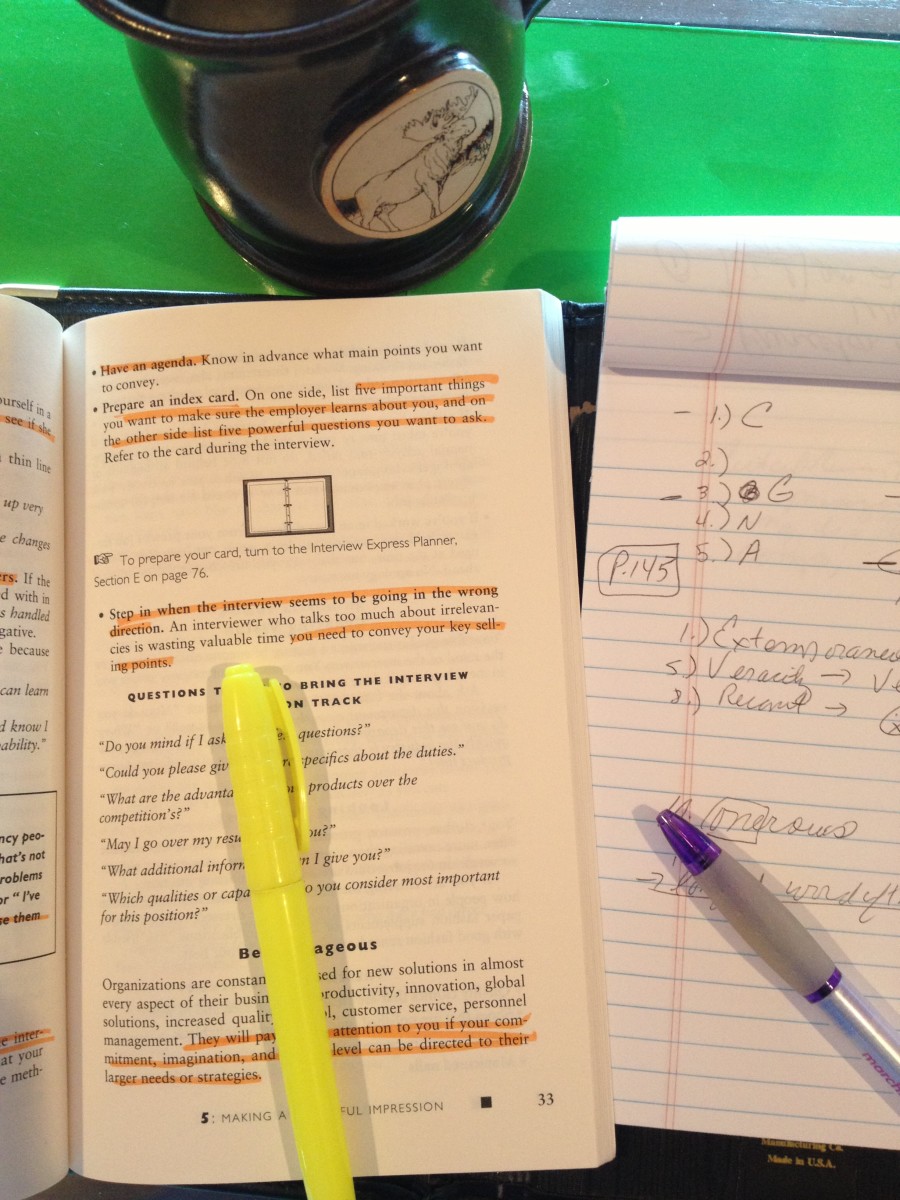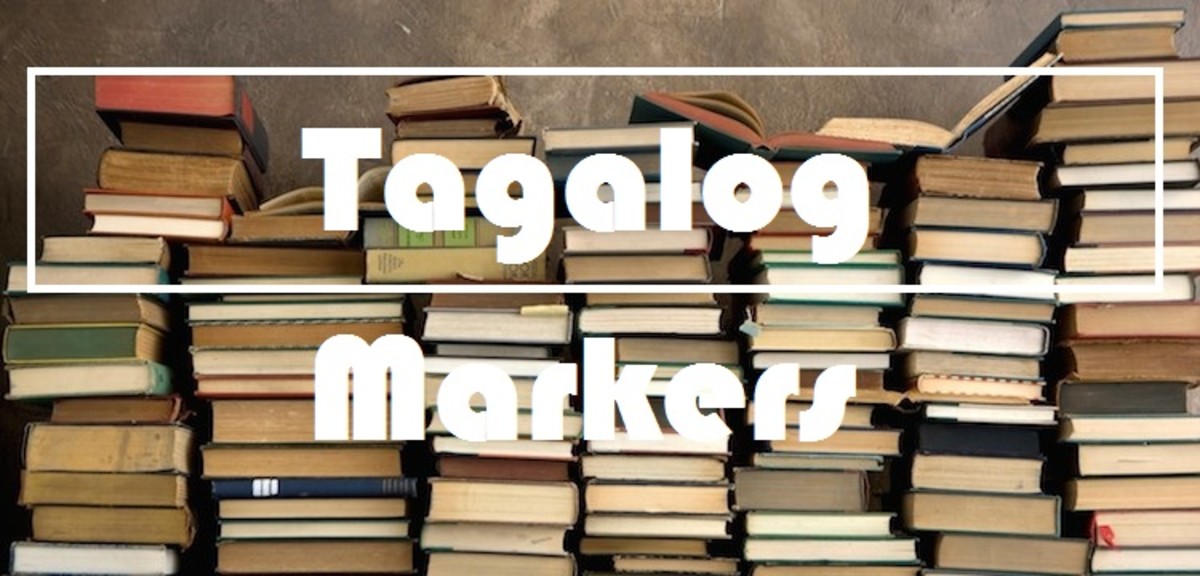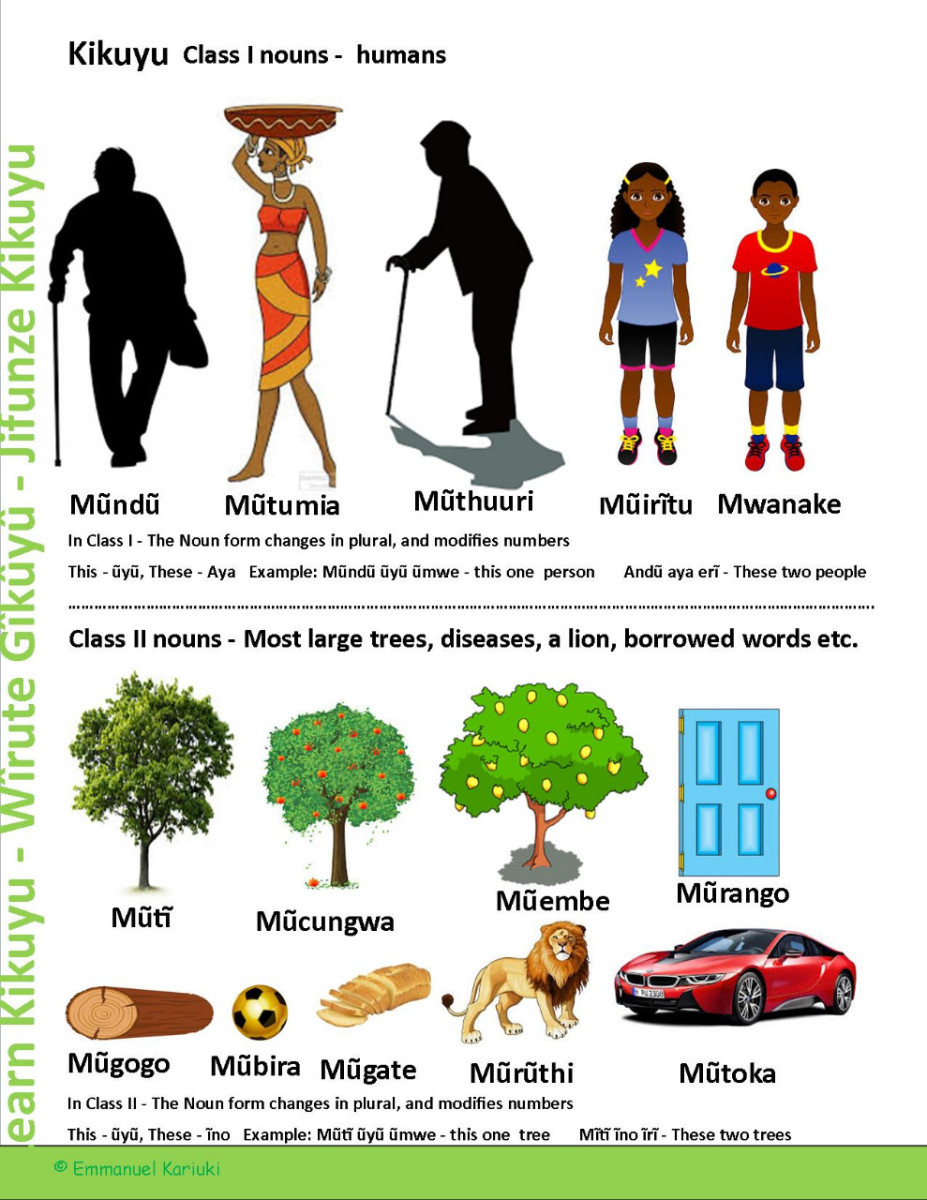How to Help Your Child Read

How You Can Help Your Child Improve Their Reading Skills
Many students struggle with learning how to read. It is one of the most important things we learn in school, but also one of the most overwhelming. Once a child struggles with learning to read, its easy to fall further and further behind. They often begin to hate reading and try to avoid it at all costs. But, if they constantly avoid it, they will never learn the skill. It is important to encourage your child to learn how to read, even if it is a bit at a time. It doesn't matter if they read at the same level as their peers right away, as long as they improve their reading skills as well as they can.
There are lots of ways you can help your child improve their reading skills. Many parents think they need to hire a private tutor, and while this certainly isn't a bad idea, not everyone can afford one. Before you spend money, try these simple, at home techniques to help your child improve their reading.
Image by David used under the Creative Commons Licence
Read with your child every night
You can’t improve a skill if you don’t practice it. Spend time each night reading with your child. Aim for about a half hour, but try to keep your schedule flexible so you can keep reading for longer if your child is enjoying it.
If your child is just learning how to read or is struggling with easy material, make sure you sit down and read with them. You can read to them sometimes, but let them take the lead and read the material themselves while you help. If you always do it for them, they won’t learn. Try reading every other page so they have plenty of practice but also have a chance to relax in between.
If your child is older, you might back off and let them read by themselves. Make sure they are actually doing it, though.
Reading Journal

Talk about what you read afterwards
It’s important to talk with your child about what they read after they are finished. This applies whether you are reading with your child or they are reading on their own.
Discussing the material accomplishes several things. First, it reinforces the importance of reading. If you make your child read for thirty minutes, then set aside the book and forget about it, it becomes a meaningless task. Talking about what your child read makes it seem important and relevant .
Talking about the material also lets you check that they understood what they read. Some children are capable of reading material that is at their grade level, but they do not fully understand it. This makes it difficult for them to answer test questions or complete assignments. Discussing what your child is reading encourages them to think critically about the material, which is a vital skill in today’s schools.
Also, if your child is reading on their own, it lets you check that they are actually reading instead of just pretending to. It can show them that you care enough to follow up with them instead of just assigning them a task.
Let your child choose the reading material
A lot of people think that reading means picking up a good old fashioned novel. But there’s so many other options out there. Now, I’m certainly not against novels. If that’s what your child chooses, great! But if they’re reluctant to read a novel, try introducing them to some of these other great options:
Graphic novels or comic books can be an especially great choice for boys. There's some amazing choices out there now that have really great story lines.
Magazines can keep the interest of children who don't like to read. They can pick and choose which parts of the magazine they want to look at. You don't need to read every page or article, so they can skip the parts they don't like as much or are too hard. There's also lots of pictures to help keep them interested and reinforce what you're reading.
Informational books lets children read all about their favorite sport, hobby, or hero. They can learn more about what interests them while improving their reading level.
Record Books such as The Guinness Book of World Records are favorites in many classrooms. Kids love looking through them and reading all about the amazing things people have done. This isn't the best choice all of the time since the reading passages are usually very short, but it's a fun choice as a break from something harder. Maybe choose this type of book on a weekend or a night when your child is tired.
Newspapers are great choices for older children.
Internet information sites can be great reading tools, but be careful with this one—you might want to print the material out so they aren't tempted to just play games, especially if they’re reading on their own.
By letting your child choose a different type of reading material, there is a greater chance they will be interested in it, and therefore engaged and motivated. Make sure they give something a chance (if they claim they’re bored after five minutes, get them to try for longer), but don’t force them to read something they don’t like, unless it’s for school. If you insist that they read something they aren't interested in, it will make them dread reading and they are less likely to improve their reading skills.
Graphic Novels
Graphic novels are especially popular with boys, but many girls love them, too. If you have a reluctant reader who is 9-10 years older or older, try giving them a graphic novel to read. Have them help pick it out, so you know they'll be interested in it. Here's a couple of choices, but there's tons of options. Click on either of these books to take you to Amazon, and browse through to find what is right for your child. Don't worry if they choose a story that is already familiar to them. It might make the task of reading easier since they are not trying to piece together the story at the same time as they are struggling with the words.
Create a dictionary of common and/or difficult words
If there is a word that is constantly tripping up your child, write it down in a notebook. This notebook serves as your child’s own personal dictionary. You might sort it alphabetically, by difficulty, or not at all. It depends on how many words you put in it and what your child wants. Ask their input on how they want the book set up; this creates ownership for them.
Review the dictionary words every so often. This might be every day or a couple of times a week, depending on your child and how many words you have. Review the words by re-reading them, sounding them out, and spelling them.
Your Child's Own Dictionary

Be patient and sound out the words
This is especially true if your child is just learning to read. Even if you are frustrated yourself, make sure you are patient with your child. If you show frustration, they will think they are doing poorly and will become frustrated, too. Sound out the words with them or for them, and make sure they sound out the words for themselves. If you just say the word and they skip it because you said it, they will be less likely to remember it for next time.
Watch the video below to learn more about how to teach your child to sound out words. Phonics is a great method of learning to read that is effective with most children. The video is only a few minutes long and gives great tips of how to use phonics. It almost emphasizes that this method is great to use at any age. If your child is a bit older, don't be afraid to use this method anyway. It doesn't matter if you're in kindergarten, middle school, or even high school. Learning how to sound out the words can help anyone learn to read.





